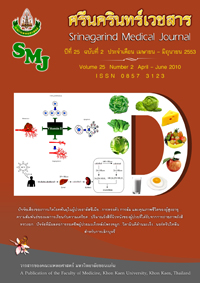Inhibitory Effects of Vitamin D in Cancers
Abstract
Abstract
Vitamin D is a lipid soluble vitamin that is metabolically converted to an active metabolite, 1α,25-dihydroxyvitamin D (calcitriol). This active metabolite plays an essential role in controlling a wide range of biological activities such as calcium-bone homeostasis. In the past two decades, the effects of vitamin D in the regulation of cell proliferation, apoptosis, metastasis and angiogenesis both in vitro and in vivo have been accumulated. Moreover, results from Phase I and phase II trials of calcitriol either alone or in combination with chemotherapeutic agents indicates its tumor suppression effects. However, therapeutic role of calcitriol has been encountered with hypercalcemic side effect in most cases. To solve this problem, vitamin D analogues with less calcemic effect have been developed. These analogues have been tested for its efficacy in a variety of cancer treatment, such as prostate, breast, pancreatic, and liver cancers, etc. Results from several clinical trials indicated that the administration of high-dose calcitriol and its analogues is safe and feasible. Thus, the promises of vitamin D from many studies may lead us to a new strategy in cancer therapy of upcoming future.




